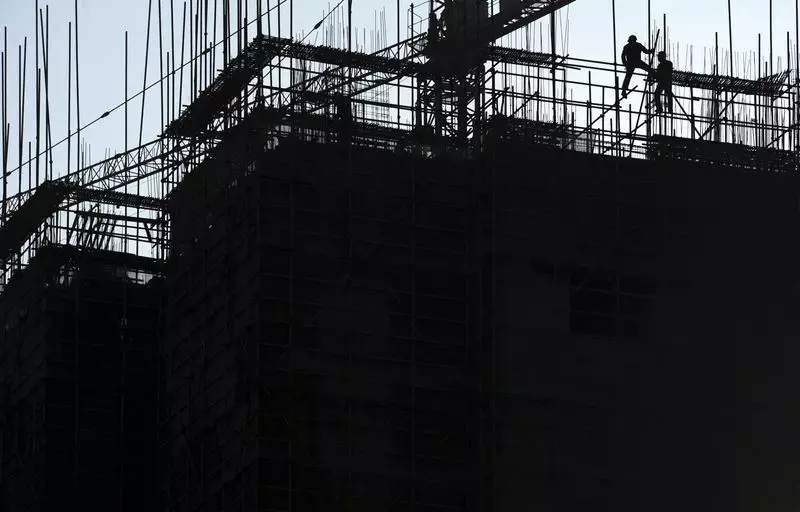In an unprecedented move, a Chinese property developer in Nanjing is returning the deposits paid by homebuyers for apartments in a project that could not be completed. The initiative, coordinated by local authorities, marks the first of its kind in China and has the potential to set a precedent for other cities and developers facing similar challenges in the real estate sector.
Background on the Issue
Since 2021, numerous property developers in China have struggled to finish construction projects due to financial defaults. This has led policymakers to intervene and demand that developers resolve these issues to ensure social stability and deliver the promised homes to buyers. One such case is the Zhujiang Siji Yuecheng development in Nanjing, where 33 out of 42 buyers have signed agreements for refunds of their deposits.
The developer has access to the project’s escrow account, containing 50.67 million yuan ($7 million), to facilitate the refunds to buyers. Escrow accounts are typically monitored by banks and earmarked for construction purposes only. The halting of construction in mid-2022 was attributed to the main contractor’s liquidity problems, which were linked to the default of China Evergrande Group, a major player in the property market.
The ongoing debt crisis among Chinese developers has resulted in a surplus of unfinished homes, creating challenges for home prices, consumer confidence, and overall economic growth. Despite government efforts to stimulate property demand through various measures such as reducing costs and mortgage rates, homebuyers remain hesitant to enter the market due to concerns about timely delivery of their purchased homes.
The Chinese politburo, a key decision-making body, has committed to supporting the completion of unfinished projects and repurposing unsold apartments as affordable housing. However, some analysts, like Zhang Dawei from Centaline, have expressed skepticism about the effectiveness of Nanjing’s refund program as a long-term solution. They argue that the inability of most local governments and developers to replicate such refunds on a larger scale makes it unlikely that this approach can be widely adopted.
The situation in Nanjing serves as a cautionary tale for the real estate industry in China, highlighting the challenges faced by developers and homebuyers alike. Moving forward, a more sustainable approach to addressing unfinished projects and restoring confidence in the market will be crucial for the long-term health of the property sector. As developers grapple with financial constraints and buyers demand greater accountability, finding a balance between the interests of all stakeholders will be essential for ensuring stability and growth in the housing market.
The case of the Chinese property developer refunding homebuyers in an unfinished project underscores the complexities of the real estate sector in China and the need for innovative solutions to address systemic issues. While the refund program in Nanjing may offer temporary relief to affected buyers, its broader implications for the industry remain uncertain. Ultimately, collaboration between developers, government authorities, and buyers will be essential in overcoming the challenges facing the housing market and restoring trust in the construction sector.

